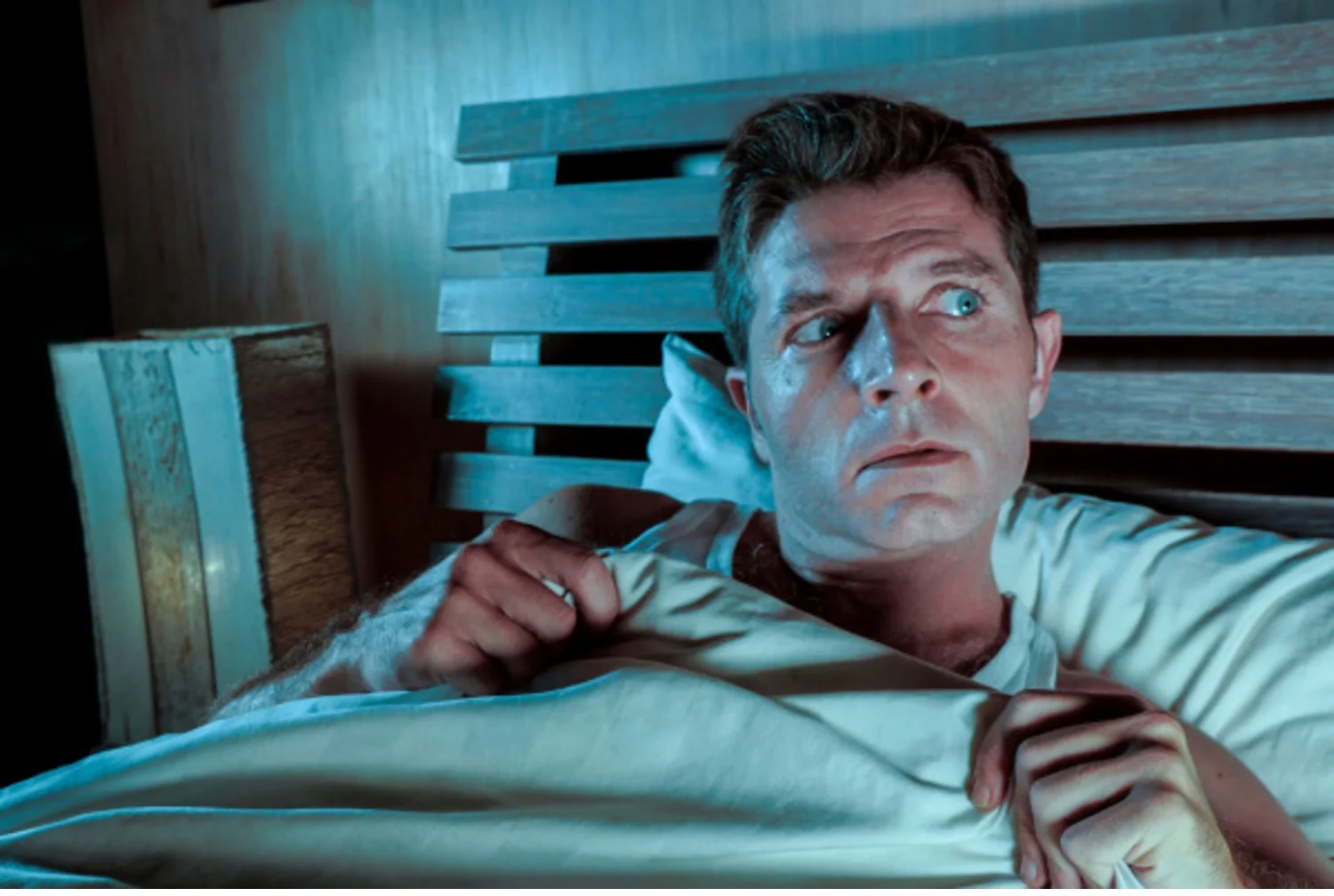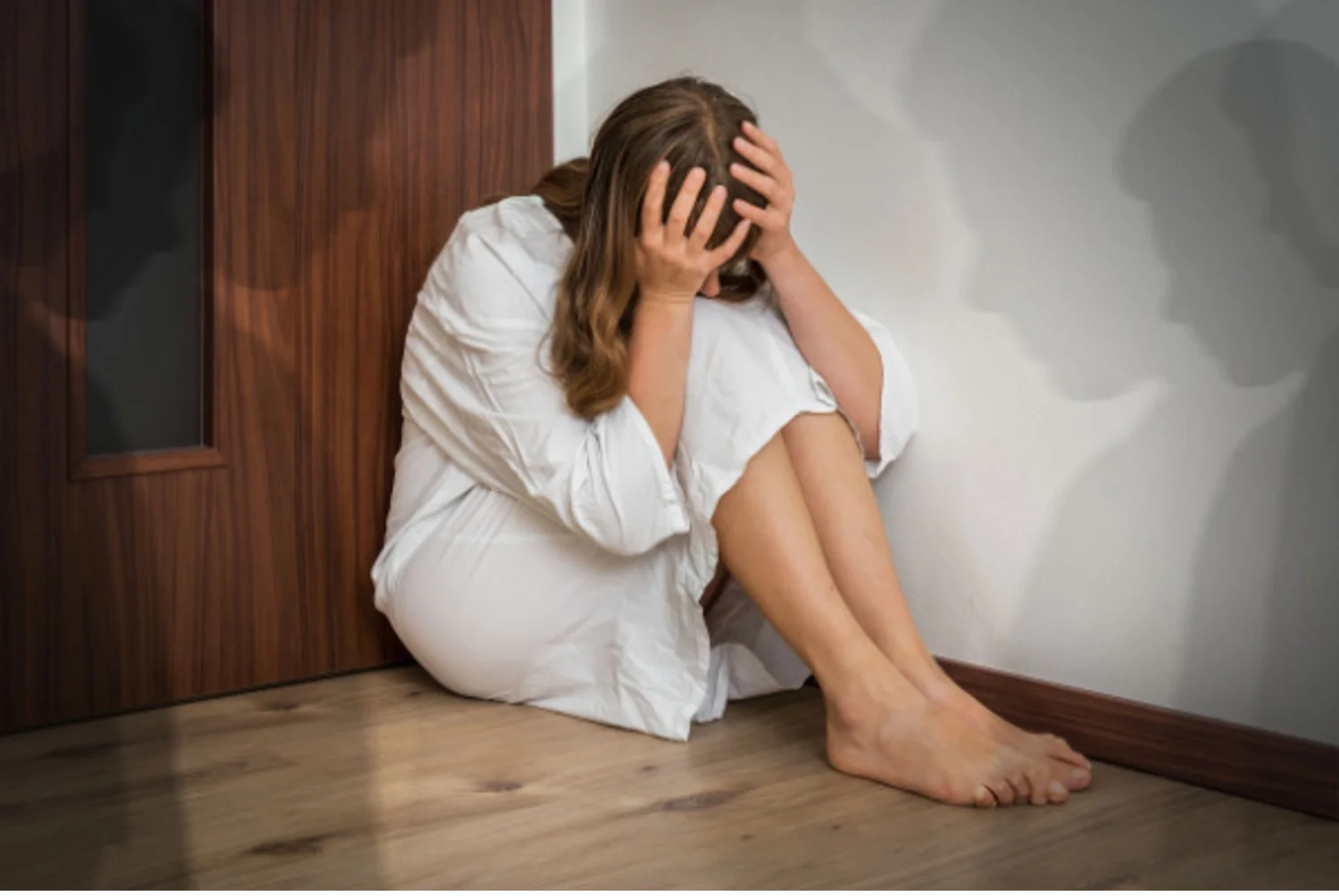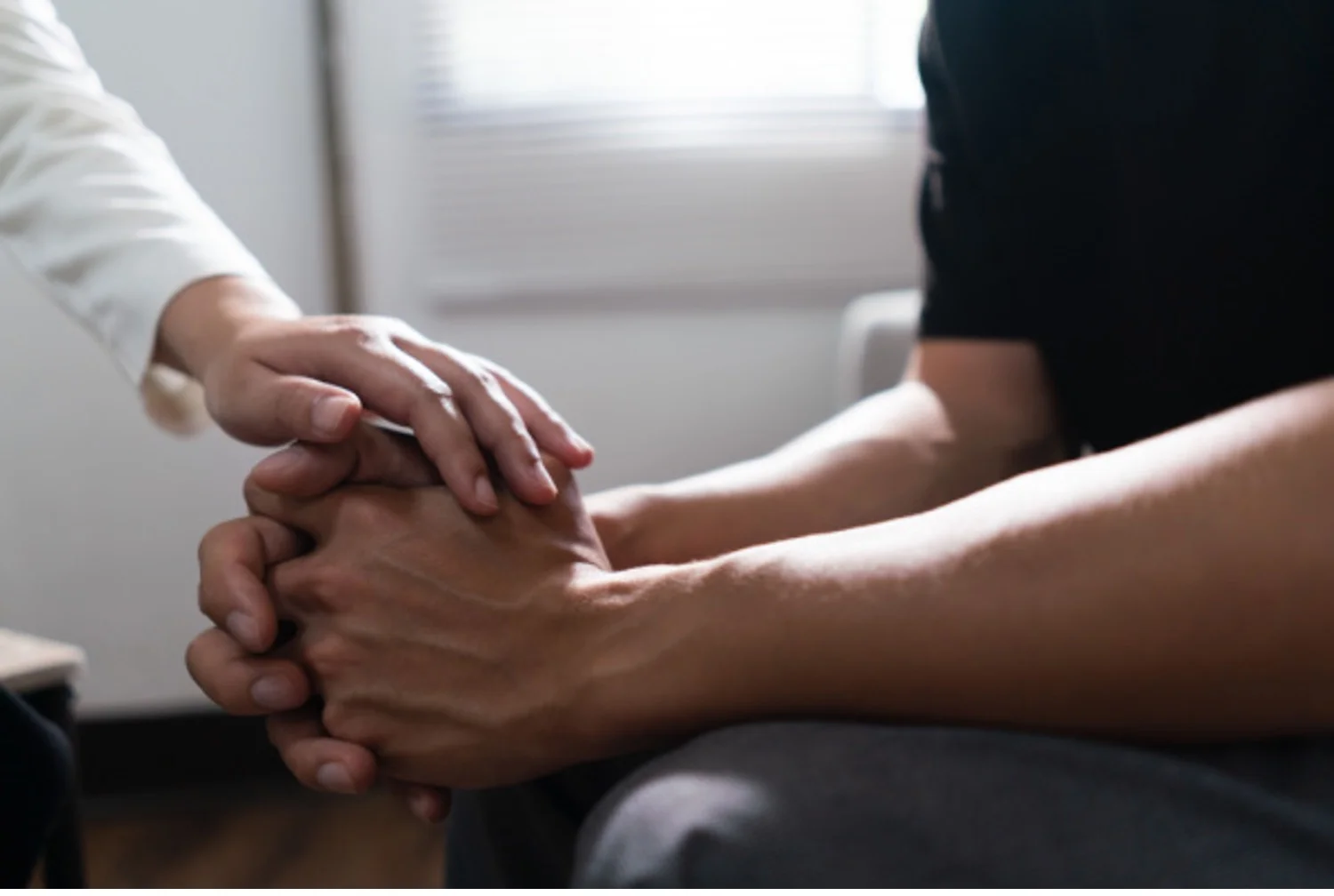
Drug-Induced Psychosis: What It Is, Symptoms, and Finding Help
Psychosis disrupts an individual’s thoughts and perceptions, and sufferers often have difficulty distinguishing between what is real and what is not. While there are many causes of psychosis, one of the most common, serious, and preventable is drug-induced psychosis.
Luckily, drug-induced psychosis is preventable if the individual abstains from drug and alcohol use. If you or a loved one is having problems quitting drug or alcohol use, call 888-534-2295 today to speak with a treatment staff member at Legacy Healing Center.
What Is Drug-Induced Psychosis?
Drug-induced psychosis is any psychosis caused by a legal or illegal drug. Technically, alcohol-induced psychosis is a form of drug-induced psychosis, but that is frequently treated differently in the literature.
Drug-induced psychosis is known by many names; some of the most common include medication-induced psychosis, substance-induced psychosis, substance-induced psychotic disorder, and drug-induced psychotic disorder.
Psychosis is characterized by a combination of delusions and hallucinations. Delusions are beliefs that are not true and frequently cause suspicion or paranoia. Hallucinations are seeing, hearing, feeling, smelling, or tasting things that are not real. Psychosis is also characterized by disorganized thinking and impaired insight into one’s own condition.
“It can be scary seeing someone you care about in psychosis,” says psychiatric mental health nurse practitioner (PMHNP) Valerie Puffenberger. “Stay calm, avoid arguing about their delusions, and focus on getting them professional help right away.”
What Causes Drug-Induced Psychosis?
Every drug affects the body differently, and every drug that can cause psychosis does so through a unique mechanism. Examples of how drug use or withdrawal can lead to psychosis include:
- Direct neurochemical effects on the brain’s neurotransmitter system
- Neuroinflammation and oxidative stress on the brain
- Dopamine dysregulation and resulting changes in the brain’s reward system
- Serotonin syndrome
- Withdrawal effects as the body struggles to adapt to the absence of a substance
- Polydrug use and the resulting compounding effects
- Individual vulnerability, such as genetic factors, pre-existing mental health conditions, or a history of trauma
Common Substances Associated with Drug-Induced Psychosis

Hundreds of substances are known to cause drug-induced psychosis in at least rare circumstances. However, some substances are much more likely to cause drug-induced psychosis than others, including:
- Stimulants (including meth, Adderall, and cocaine): Release and inhibit the uptake of neurotransmitters like dopamine.
- Cannabis: Affects neurotransmitter balance.
- Hallucinogens (including LSD, PCP, and psilocybin): Directly alter perception and cognition, and directly chase hallucinations, delusions, and distorted thinking.
- Synthetic cannabinoids (including K2 and spice): Affect neurotransmitter balance to a greater extent than natural cannabis.
- MDMA (also called ecstasy or molly): Disrupts serotonin regulation in the brain and causes serotonin syndrome.
- Dissociative anesthetics (including PCP and ketamine): Can induce dissociation and psychosis directly.
- Alcohol: Use and especially withdrawal can cause alcohol-induced psychotic disorder and delirium tremens.
- Benzodiazepines: Misuse or withdrawal can cause confusion, agitation, and other symptoms.
- Opioids: Leads to psychosis-causing lifestyle and behaviors such as sleep deprivation and criminal activities.
Symptoms of Drug-Induced Psychosis

Every case of drug-induced psychosis is different, which means the specific symptoms will vary. In fact, the same person may experience drastically different symptoms during different episodes of drug-induced psychosis, even if the same substance caused both.
However, some of the most common symptoms of drug-induced psychosis include:
- Hallucinations: Perceptions of things that are not real. The most common kinds of drug-induced hallucinations include auditory hallucinations (hearing voices or sounds that aren’t real), visual hallucinations (seeing things that aren’t there), and tactile hallucinations (feeling things that aren’t there).
- Delusions: False beliefs that are difficult or impossible to reason away, even when contrary evidence is provided. Drug-induced psychosis often causes irrational and paranoid beliefs, especially the belief that the victim is being followed, is being persecuted, or has special powers or significance.
- Disorganized thinking: Characterized by incoherent speech, fragmented or abnormal thoughts, difficulty organizing thoughts logically, and disjointed or difficult-to-follow conversations.
- Impaired insight: The lack of awareness that thoughts or perceptions are abnormal and/or the belief that hallucinations and delusions are real.
- Agitation and restlessness: Often manifests as pacing, fidgeting, or aggression.
- Paranoia: An intense fear of harm or persecution, often accompanied by extreme suspiciousness and caution.
- Inappropriate emotional responses: Reactions do not match context or situation, like laughing while discussing a serious manner.
- Difficulty concentrating: Noticeable trouble focusing on tasks or conversations.
- Social withdrawal: The sufferer avoids social situations due to fear, paranoia, confusion, or discomfort.
- Disorientation: Includes difficulty recognizing well-known people and places.
- Sleep disturbances: Include insomnia, excessive sleep, or irregular sleep patterns.
- Hyperactivity or catatonia: Either extreme motion and activity or immobility and a lack of responsiveness.
The Link Between Substance Use, Mental Health, and Psychosis
Psychosis (and mental health in general) have a bidirectional relationship with substance use. This means that psychosis can both cause and worsen substance use, and substance use can both cause and worsen psychosis. When a mental health condition like psychosis and a substance use disorder occur in the same individual, they are said to be co-occurring disorders.
Individuals who struggle with mental health issues, particularly those who experience psychosis as a result of their mental health issues, are much more likely to misuse drugs and alcohol. This is because many people discover that drugs and alcohol provide relief from their symptoms, at least initially.
In fact, nearly 50% of schizophrenia sufferers and 80% of bipolar sufferers have a diagnosable substance use disorder at some point in their lives.
Unfortunately, the relief provided by substance use is only temporary. In fact, substance use dramatically worsens mental health symptoms over time, especially psychosis. Substance use also reduces or eliminates the effectiveness of any psychiatric medications an individual takes.
Tragically, individuals who experience psychosis and addiction often fall into a downward spiral where worsening symptoms motivate greater substance use, which then causes worsening symptoms.
Treatment Options for Drug-Induced Psychosis

The most effective treatments for drug-induced psychosis combine medications and therapies to treat psychotic symptoms and help patients achieve and maintain lasting sobriety.
Some of the most common and effective treatments for drug-induced psychosis include:
- Medical assessment and stabilization
- First-generation/typical antipsychotic medications like Haloperidol and Chlorpromazine
- Second-generation/atypical antipsychotic medications like Risperidone, olanzapine, and aripiprazole
- Benzodiazepines
- Sedatives
- One-on-one therapy
- Group therapy
- Family therapy
- Crisis intervention
- Psychoeducation
The only way to prevent drug-induced psychosis is to remain abstinent from drugs and alcohol. The most effective treatment programs for drug-induced psychosis therefore focus heavily on helping patients overcome their addictions. There are thousands of drug and alcohol rehab programs, but the vast majority can be categorized as detox, inpatient rehab, and outpatient rehab.
Detox
Medically supervised detox, also known as detoxification, involves treatment professionals providing medications, therapies, and around-the-clock monitoring. The goal of detox is to get patients through withdrawal safely and comfortably so they are in the best possible state of mind when they begin the next phase of their treatment.
Inpatient Rehab
Inpatient rehab requires patients to live at a residential facility while they attend treatment sessions during the day. Inpatient rehab completely removes patients from triggers and enablers and allows them to focus fully on treatment while being monitored for their safety. Inpatient rehab is widely agreed to provide the greatest likelihood for a successful recovery.
Outpatient Rehab
Outpatient rehab requires patients to attend treatment sessions at a rehab facility while residing elsewhere. Outpatient rehab provides great flexibility for people who need treatment but have personal obligations that they cannot put to the side. Outpatient rehab is also considerably less expensive than inpatient rehab.
Recovering from Drug-Induced Psychosis
Relapsing and re-experiencing drug-induced psychosis is a major concern for people living in recovery. However, there are strategies that can help reduce your risk for relapse, like these shared by Puffenberger, the PMHNP:
- Stay focused on maintaining sobriety to allow your brain to heal.
- Take all prescribed psychiatric medications consistently to manage symptoms.
- Attend therapy and process the psychosis experience with a counselor.
- Develop healthy self-care habits like proper sleep, nutrition, and exercise.
- Avoid excessive stress levels or overstimulation.
- Communicate openly with loved ones for support. Don’t withdraw or isolate.
- Learn coping strategies if symptoms flare up again, like grounding techniques.
- Be patient with recovery as your brain chemistry stabilizes.
- Celebrate each day of progress.
Get Help Today
If you or a loved one is experiencing drug-induced psychosis, it can seem like there’s no escape. Luckily, nothing is further from the truth. Every year, millions of Americans achieve and maintain lasting sobriety.
If you’re ready for a change, Legacy Healing Center is here to help. We take a holistic approach that heals the mind, body, and spirit so patients can make a full and lasting recovery. The many treatment services that Legacy provides include:
- Mental health services
- Proper medication management
- Aftercare
- Family programs
- And more
You don’t have to wait another minute to start the healing process. Call 888-534-2295 today to speak with a staff member at Legacy Healing Center.
Drug-Induced Psychosis FAQs
What are the symptoms of drug-induced psychosis?
Drug-induced psychosis is typically characterized by delusions, hallucinations, and disordered thinking. Delusions are untrue beliefs that are resistant to change, even when proven wrong. Hallucinations are perceptions of things that are not real and may be visual, auditory, tactile, olfactory, or gustatory (taste). Disordered thinking is characterized by disjointed, factually wrong, and abnormal thoughts.
Which drugs can trigger psychosis?
The drugs most commonly associated with drug-induced psychosis include amphetamines, prescription stimulants, cocaine, MDMA, alcohol, LSD, psilocybin, PCP, ketamine, marijuana, synthetic marijuana, and benzodiazepines.
How can drug-induced psychosis be treated?
The only way to end the threat of drug-induced psychosis is to remain abstinent from drugs and alcohol. The most effective treatment programs combine medications that help patients get through withdrawal and combat psychotic symptoms with therapies that help patients identify triggers and underlying causes of addiction and change thought patterns and behaviors. Generally, drug-induced psychosis is treated through a process that includes detox, inpatient rehab, and outpatient rehab.
What are the symptoms of delusion and hallucination?
Delusions are beliefs that are untrue and often cannot be changed, even when provided with proof of their inaccuracy. While delusions may be regarding anything, some of the most common symptoms revolve around:
- Being persecuted
- Personal grandeur
- Belief that someone of a higher status or celebrity is in love with the sufferer
- Belief that random events or occurrences are directed at the individual
- The body, bodily functions, or physical health
- Beliefs that something is missing or wrong with the world
- Unusual, implausible, or irrational beliefs
- Belief that a partner or spouse is unfaithful
- Belief that one’s thoughts or actions are being controlled by external forces
- Belief that one’s thoughts are being broadcast to others
Hallucinations are perceptions of something that either is not real or is not really there. Like delusions, hallucinations may be about anything. However, some symptoms of hallucinations are more common than others.
- Hearing sounds, voices, or noises that are not actually present (auditory)
- Seeing objects, people, or scenes that do not exist (visual)
- Smelling scents or odors that are not real (olfactory)
- Tasting flavors or tastes that are not real (gustatory)
- Feeling or touching something that is not real (tactile)
- Perceiving physical sensations throughout the body that aren’t real (somatic)
- Experiencing multiple types of hallucinations at once (mixed)
- Dream-like hallucinations when an individual is falling asleep (hypnagogic) or waking up (hypnopompic)
Sources
- National Drug and Alcohol Research Centre (Australia). (2011). Psychosis + Substance Use.
- National Library of Medicine. (2021). Substance-Induced Psychoses: An Updated Literature Review.
- National Library of Medicine. (2017). Drug Abuse and Psychosis: New Insights into Drug-Induced Psychosis.
- National Institute of Mental Health. (n.d.). Understanding Psychosis.
- National Library of Medicine. (2009). Prevalence of Psychotic Symptoms in Substance Users: A Comparison Across Substances.






 Verify Insurance
Verify Insurance